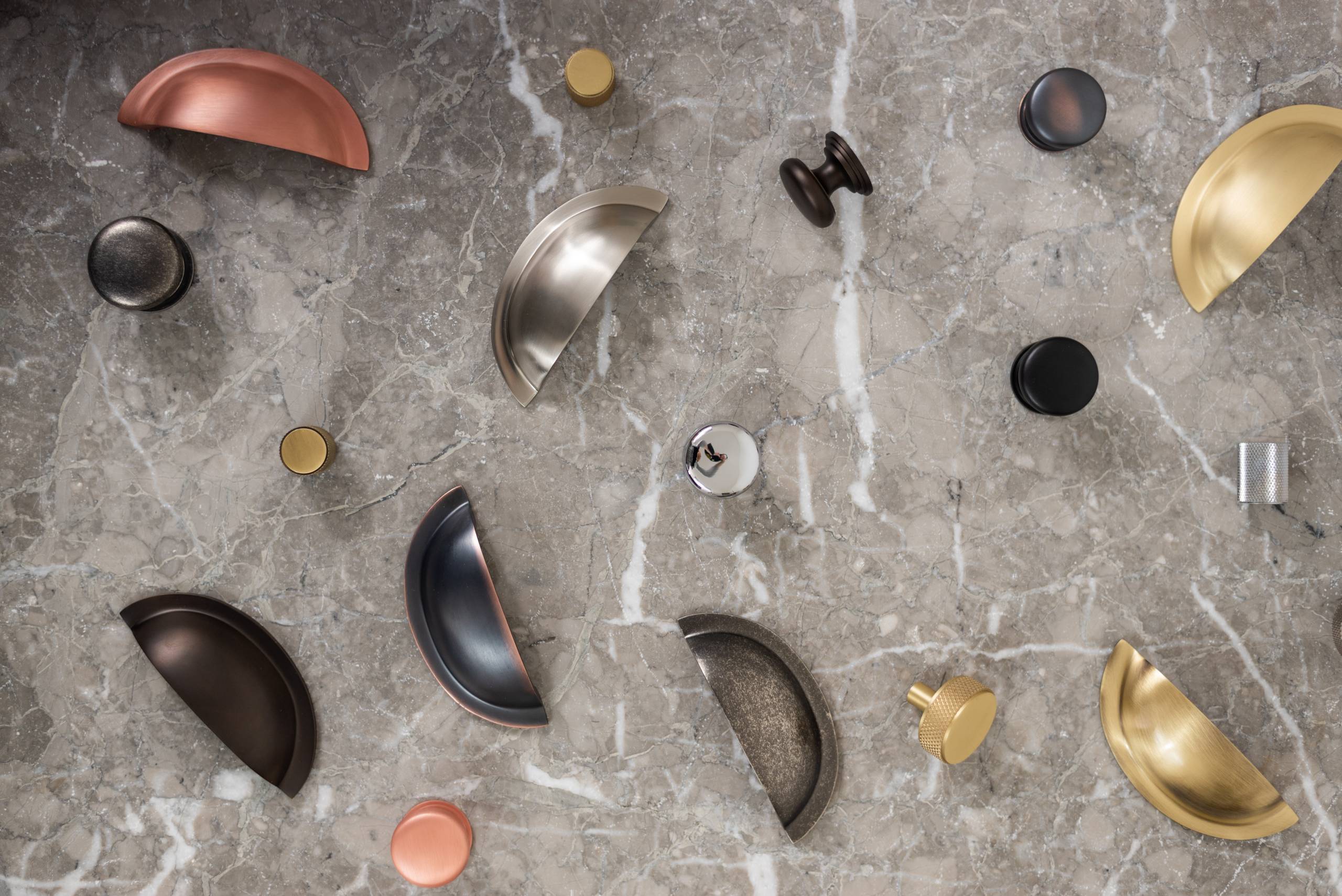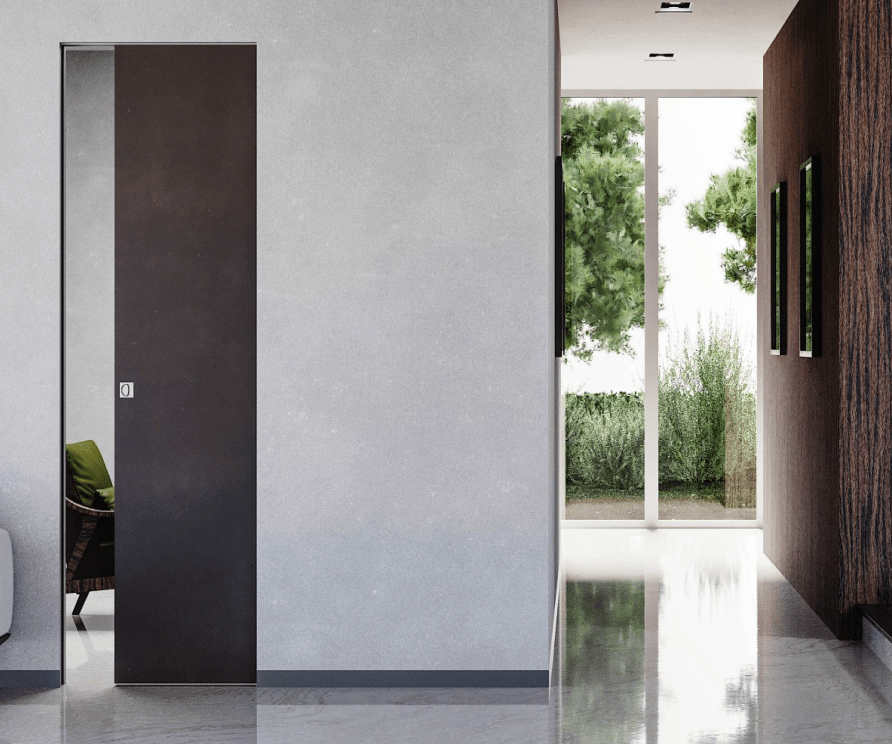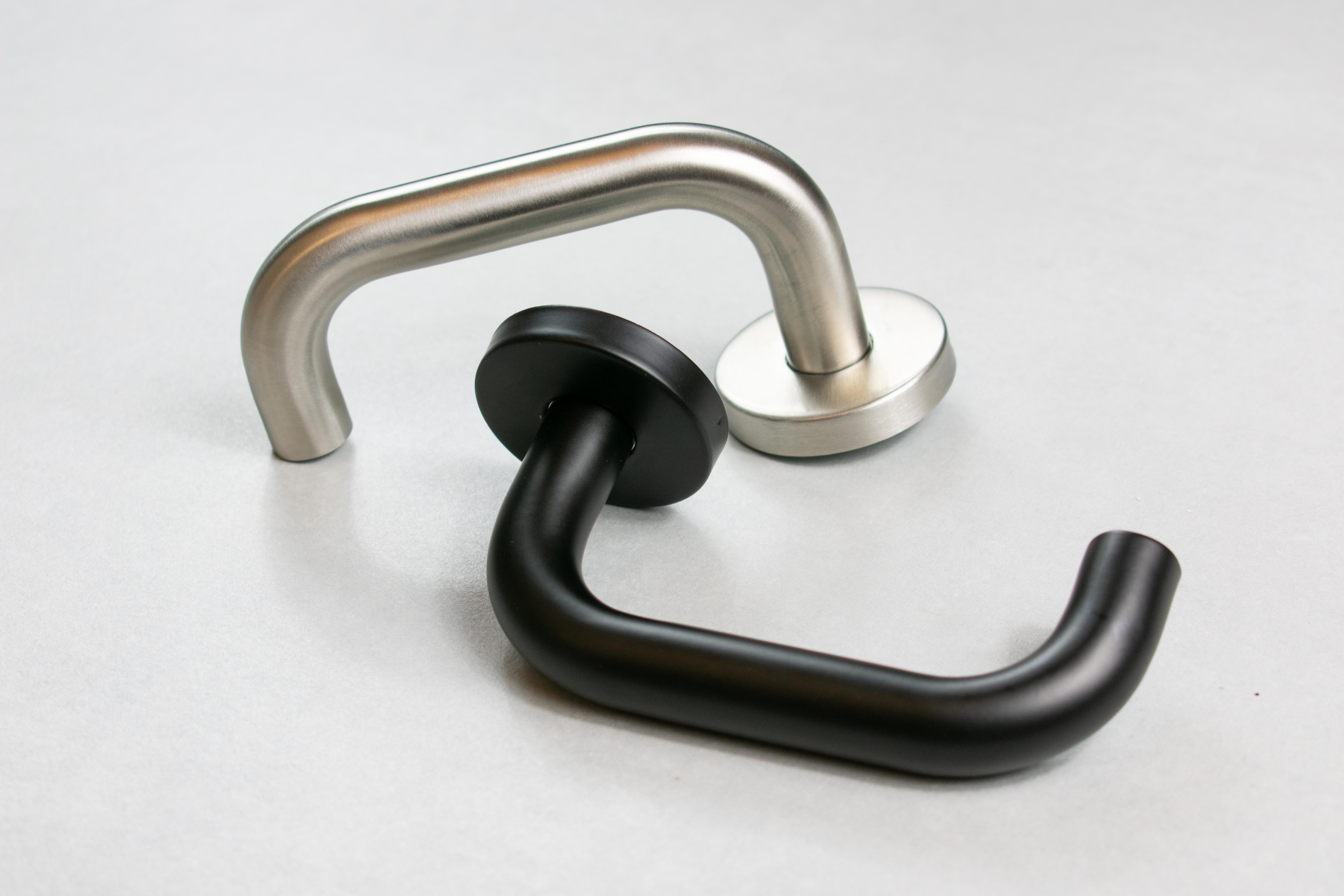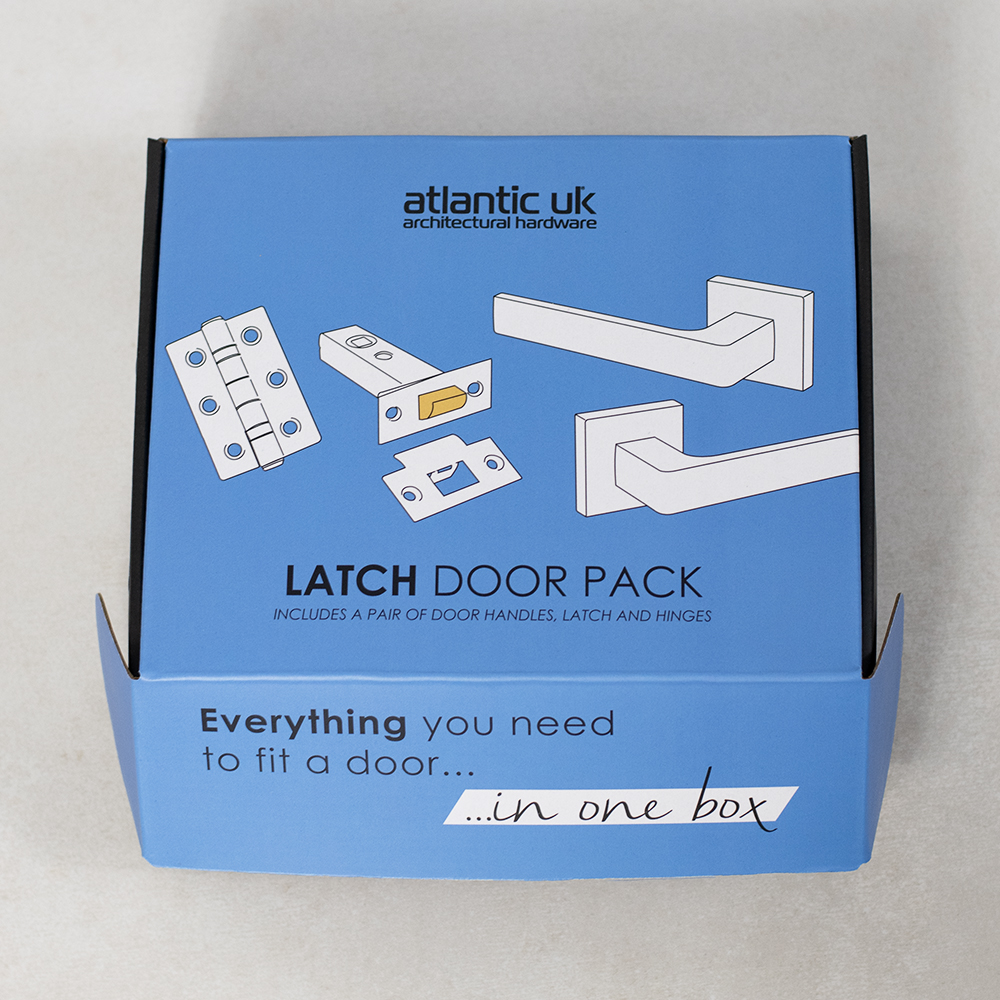Steps to protect your door handles from salt air:
Salt air exposure can accelerate corrosion, affecting the durability and appearance of your door handles and hardware. Implementing the right preventive measures can help maintain its longevity and functionality. Follow these essential steps to protect your door hardware from salt-laden environments.
1. Choose Corrosion-Resistant Materials
Selecting the right materials is the first line of defense against salt air damage. Opt for corrosion-resistant options such as stainless steel, brass, or bronze. These materials are less prone to rusting and provide enhanced durability.
Explore Atlantic Stainless Steel products here: Atlantic Stainless Steel
2. Opt for Protective Coatings
A protective finish can act as a barrier between the metal and the salt air. Look for door hardware with clear lacquer, enamel, or powder-coated finishes to prevent direct exposure. Our Matt Black, Urban Bronze, and Urban Dark Bronze finishes feature high-quality powder coatings for extra protection.
View our powder coated range of high quality handles and hardware here: Matt Black, Urban Bronze, Urban Dark Bronze
3. Clean Regularly
Regular maintenance is key to preventing salt build-up. Use a mild detergent or soap mixed with warm water to gently clean the hardware. Rinse thoroughly and dry completely to avoid moisture retention, which can lead to corrosion.
4. Lubricate Moving Parts
Applying a corrosion-resistant lubricant to hinges, locks, and other moving parts reduces friction and extends hardware life. Silicone-based lubricants or specialized corrosion inhibitors are ideal for coastal environments.
5. Avoid Abrasive Cleaners
Avoid harsh cleaning tools such as steel wool or abrasive cleaners, as these can scratch the protective coating and expose the metal to corrosive salt air. Use soft cloths or non-abrasive sponges for cleaning.
6. Conduct Regular Inspections
Routine inspections help detect early signs of corrosion or wear. Address any issues promptly by cleaning, repairing, or replacing affected hardware to prevent further damage.
7. Use Protective Covers
For door hardware highly exposed to salt air, such as in coastal areas, consider using weather-resistant covers or sleeves. These provide an extra layer of protection during extreme weather conditions.
Final Thoughts
The effectiveness of these protective measures for your door handles from salt air depends on the environmental conditions and hardware quality. Consistent maintenance, protective coatings, and material selection are crucial for ensuring long-term durability and aesthetic appeal. Stay proactive in preserving the integrity of your door hardware with these essential steps.
Follow us on our social media to find out all our tips and tricks and to stay up to date on all our latest launches, inspiration and more. View our Instagram page here.





